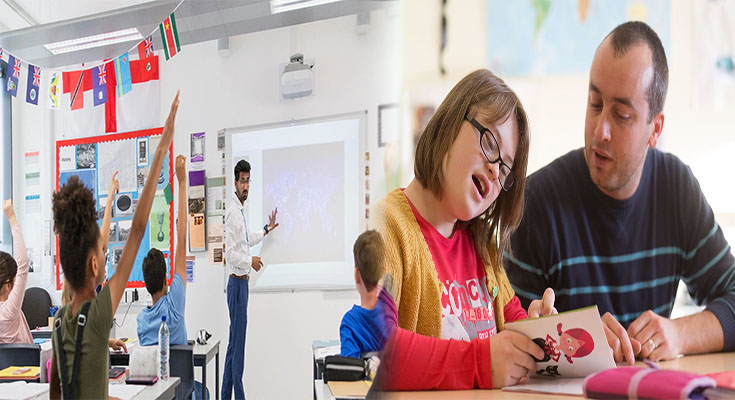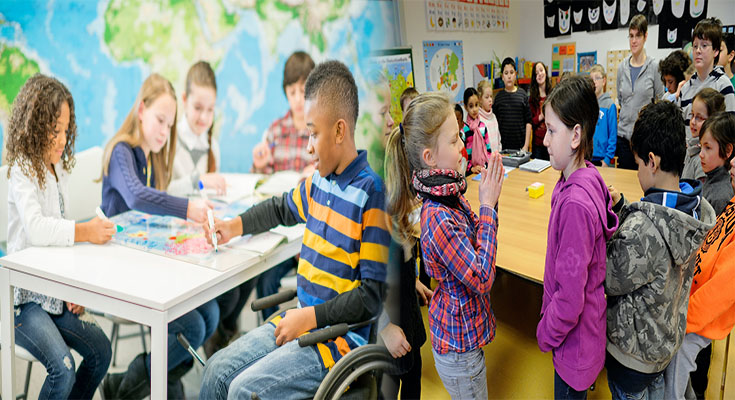
Key Special Education Teacher Skills for Behavior Management Strategies
As a special education teacher, one of the most critical aspects of your role is managing behavior effectively in your classroom. Students with special needs may exhibit challenging behaviors that require special attention and care. In order to create a positive and conducive learning environment for all students, special education teachers need to possess key skills for behavior management strategies. Here are some essential skills that every special education teacher should have:
1. Patience:
Patience is a virtue that is indispensable for special education teachers. Dealing with challenging behaviors can be exhausting and frustrating, but having patience will help you stay calm and composed in difficult situations.
2. Understanding:
Special education teachers need to have a deep understanding of the underlying causes of students’ behaviors. By understanding the triggers and reasons behind certain behaviors, teachers can implement appropriate strategies to address and manage them effectively.
3. Communication:
Effective communication skills are crucial for special education teachers when it comes to behavior management. Clear and concise communication with students, parents, and colleagues can help prevent misunderstandings and foster a supportive environment.
4. Flexibility:
Flexibility is key when working with students with special needs. Every student is unique, and what works for one student may not work for another. Special education teachers should be flexible and willing to adapt their strategies to meet the individual needs of each student.
5. Empathy:
Special education teachers need to be empathetic towards their students and their struggles. By showing empathy and understanding, teachers can build …
Key Special Education Teacher Skills for Behavior Management Strategies Read More




